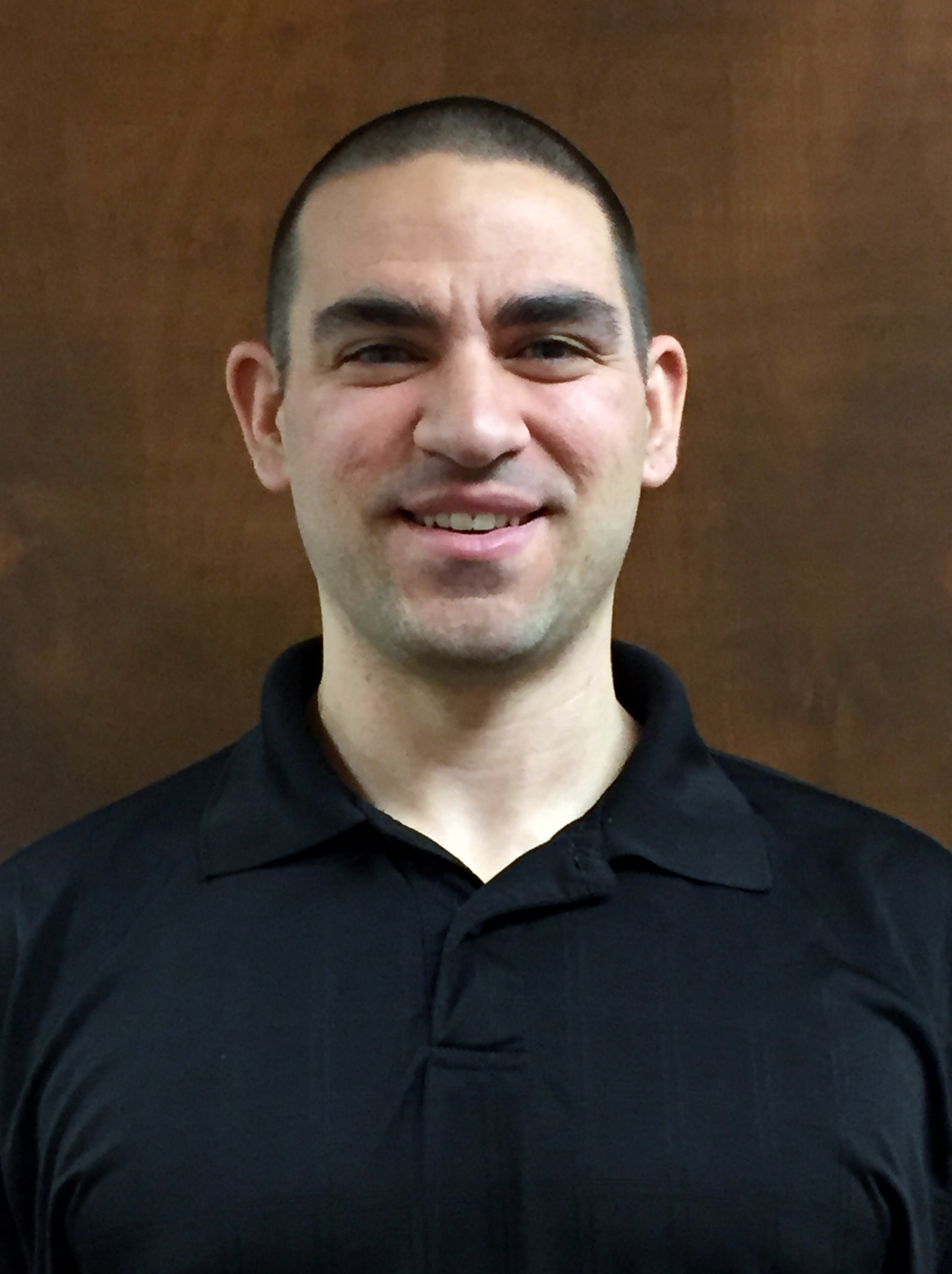March is Problem Gambling Awareness Month Posted On
Welcome to the 2017 Problem Gambling Awareness Month! Problem Gambling Awareness Month is intended to bring awareness to the need to have conversations about problem gambling. During the month of March, you’ll be inundated with facts, ideas, helpful tips, links, videos and a multitude of other resources that will help you have the conversation about problem gambling with a friend, parent, teen, colleague, or anyone else.
Why is Problem Gambling Awareness Month important?
It’s a great time to pay special attention to the risks and problems that affect those struggling with problem gambling, and their friends and family who are also negatively affected by gambling. It is a great time to have a conversation with someone whose gambling you’re concerned about. Talking to them let’s them know you care, you’re aware, and they’ll be more aware of their gambling activities and the impact their gambling has on others.
What can I expect from the Problem Gambling Awareness Toolkit?
The Problem Gambling Awareness Month Toolkit will offer background information, actions to take, talking tips, and resources. In order to get all of this info and more, follow us on our Twitter (@NYProbGambling, @KnowTheOdds) and Facebook pages (@NYCouncilonProblemGambling, @KnowTheOdds, @YouthDecideNY), and you can subscribe to the New York Council on Problem Gambling’s email list.
What can I do to support the campaign?
The whole point of the campaign is to raise awareness, so go out there and talk to people about problem gambling. You don’t need to be a problem gambling specialist, but have a few ideas about problem gambling on hand.
- You’re more likely to be struck by lightning then you are to win a large sum lottery jackpot.
- Nearly ¾ of people struggling with problem gambling have a substance use disorder.
- 1 in 5 problem gamblers has attempted or completed suicide.
- HELP is available!
Next week we will be focusing on youth speaking to their peers to help raise awareness of problem and underage gambling. The remainder of the month will discuss what parents can do, school personnel and administration can do, and how to keep our senior citizens safe from problem gambling.
Make sure to have the conversation about problem gambling with your friends, family and community. The more aware we all are, the better equipped we’ll be to help those in need. If you, or someone you know, is in need of help with problem gambling, please call the NYS HOPEline at 1-877-8-HOPENY (or 1-877-846-7369)

